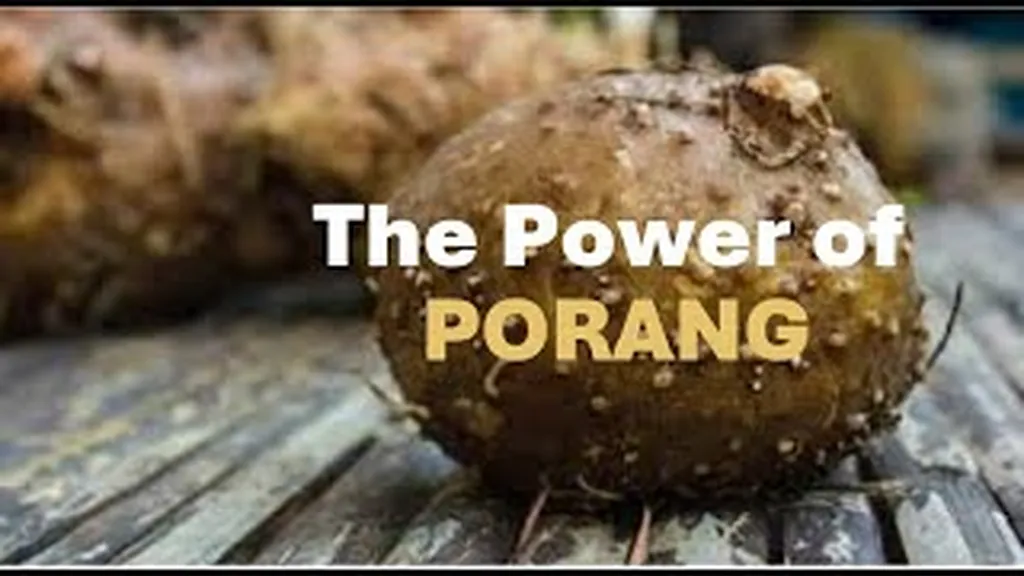In the heart of Indonesia, a breakthrough in plant tissue culture technology is set to revolutionize the propagation of porang (Amorphophallus muelleri Blume), a valuable crop rich in glucomannan, a polysaccharide with numerous health benefits. Researchers have optimized plant growth regulators and bioreactor systems to significantly enhance the in vitro shoot multiplication and elongation of this endemic species, paving the way for large-scale commercial production.
The study, led by Nur Afni Jayanti from the Department of Biology at Universitas Airlangga, Surabaya, and published in the ‘Caraka Tani: Journal of Sustainable Agriculture’, focused on overcoming the limitations of traditional vegetative propagation methods. “The conventional approach using bulbils is time-consuming and yields a limited number of plants,” Jayanti explained. “Our research aimed to develop an efficient in vitro multiplication system to meet the growing demand for porang in the food industry.”
The team’s initial experiments involved testing various combinations of thidiazuron (TDZ) with benzylaminopurine (BAP) or kinetin on solid MS media. The results were promising, with the combination of TDZ 0.50 mg l⁻¹ + BAP 1.00 mg l⁻¹ inducing shoots in just 32.34 days, while TDZ 0.75 mg l⁻¹ + BAP 0.75 mg l⁻¹ produced an impressive 76.33 shoots per explant and 100% shoot formation.
For the elongation phase, the researchers compared two bioreactor systems: a Temporary Immersion System (TIS) and a Balloon Type Bubble Bioreactor (BTBB). The BTBB system emerged as the clear winner, yielding 85.2 shoots per explant with an average length of 5.67 mm after just four weeks.
The implications of this research for the agriculture sector are substantial. “This optimized protocol allows for the rapid and large-scale propagation of porang, which can significantly boost production to meet industrial demands,” Jayanti noted. The use of bioreactors not only enhances shoot multiplication and elongation but also ensures a consistent and controlled environment, reducing the risk of contamination and variability.
The findings of this study could also have broader applications in the propagation of other high-value crops. The successful integration of plant growth regulators and bioreactor systems demonstrates a viable model for mass propagation and conservation efforts. As the global demand for plant-based products continues to grow, such innovations will be crucial in ensuring sustainable and efficient agricultural practices.
This research marks a significant step forward in the field of plant tissue culture, offering a reliable approach for the large-scale propagation of porang and other valuable crops. As the agriculture sector continues to evolve, the integration of advanced biotechnology will play a pivotal role in meeting the challenges of food security and sustainability.

